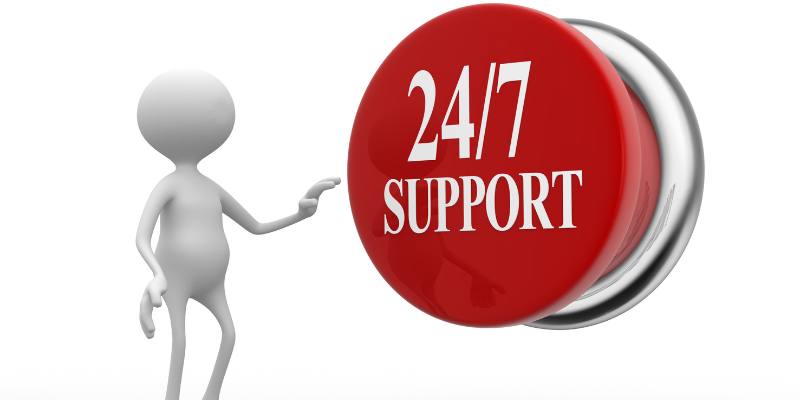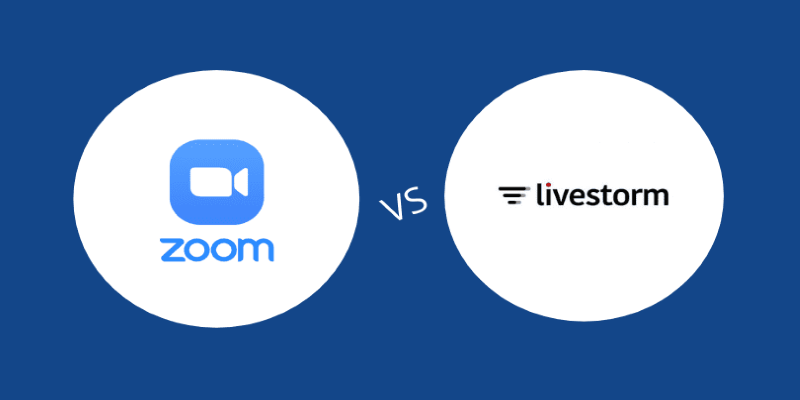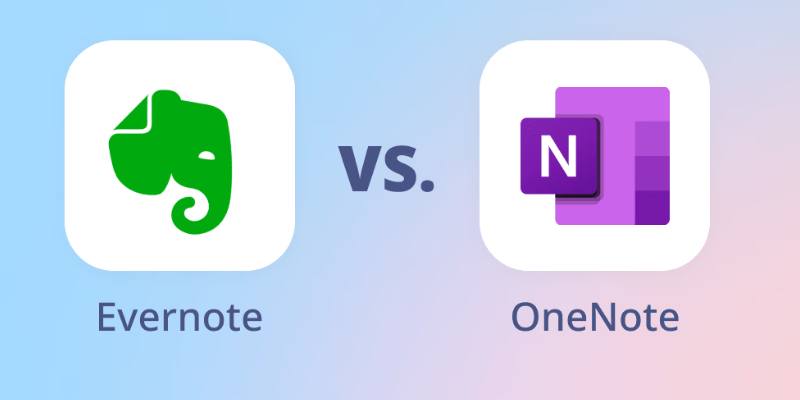Shopify Vs. Square: Find the Best 2025 Merchant Solution
Advertisement
In 2025, choosing the right merchant solution is crucial for business growth in a fast-paced, digital-first economy. Whether you're building a thriving eCommerce brand or streamlining payment systems for a physical storefront, platforms like Shopify and Square lead the competition. Each offers unique features tailored to different types of business models. So, which one is the better fit for your goals? This comprehensive comparison will guide you through everything from features and pricing to usability and integrations.
Key Features of Shopify and Square:
Shopify:
Shopify is a dominant force in e-commerce, designed specifically for online entrepreneurs. Its robust tools make creating, managing, and marketing an online store easy. The platform caters to both beginners and large-scale enterprises.
- Online Store Builder: Offers drag-and-drop functionality with hundreds of sleek, professional templates. SEO tools are built to help your store rank well and attract organic traffic.
- Payment Options: Accepts major payment methods through Shopify Payments, plus gateways like PayPal, Stripe.
- App Integrations: Access over 8,000 apps ranging from marketing automation to advanced analytics, enabling full customization of your store's functionality.
- Multi-channel Selling: Sell on social media platforms like Facebook, Instagram, and TikTok, and through marketplaces like Amazon—all from a single dashboard.

Square:
Square was originally built for in-person sales but has successfully expanded into online commerce. Its POS-first approach makes it a go-to for small retail stores, cafés, salons, and food vendors.
- POS System: Offers sleek hardware options like Square Terminal and Register. These devices connect seamlessly with their software to manage in-person sales with ease.
- Online Store: Comes with a free, easy-to-set-up online store builder. It integrates with your POS, ensuring inventory and orders sync across channels.
- Invoicing & Appointments: This is ideal for service-based businesses like freelancers or salons. With minimal setup, you can easily schedule appointments and send invoices.
- No Monthly Fee: Most core tools are free to use, and transaction fees are the only payment required, making it a low-risk entry point for startups and small businesses.
Pros and Cons of Shopify and Square:
Pros of Shopify:
Shopify stands out in eCommerce for businesses aiming to grow beyond a simple online shop.
Built for Online Growth: Its infrastructure supports thousands of SKUs, complex sales funnels, and high-traffic promotions. Perfect for ambitious growth.
Design Flexibility: Themes are responsive, visually appealing, and highly customizable with HTML/CSS for those wanting full creative control.
Scalable Solutions: Whether you're a beginner or an enterprise, Shopify scales with your growth thanks to its tiered pricing and feature expansion.
24/7 Support: Includes real-time chat, phone, and email support, plus a vast library of how-to articles and a helpful user community.

Cons of Shopify:
Higher Monthly Costs: The $39/month starting price can be steep for small startups or hobby sellers still testing product ideas.
Transaction Fees: Unless you use Shopify Payments, you'll be charged additional transaction fees, potentially, which could potentially cut your profits.
App Overload: Many essential features aren't built-in and require paid apps, which can significantly increase your monthly expenses.
Pros of Square:
Square is unbeatable for in-person businesses seeking simplicity and affordability.
Top-tier POS Functionality: Square's POS ecosystem is among the best in the market, blending ease of use with detailed reporting tools.
Free Online Store: This service provides businesses with a cost-free way to launch an online presence that syncs with in-person inventory and transactions.
Easy Setup: You can be up and running within a day, with minimal technical knowledge required to operate the system effectively.
Cons of Square:
Basic Online Store Options: Compared to Shopify, customization is limited, which could restrict brand identity and user experience.
Not Built for Complex eCommerce: While functional, Square lacks features like multi-language support or advanced inventory segmentation.
Limited Support Hours: Support is not 24/7. You may face delays if issues arise during weekends or off-peak hours.
Pricing Breakdown:
Shopify:
Shopify's pricing structure is designed to support various stages of growth.
- Basic Plan: $39/month
- Shopify Plan: $105/month
- Advanced Plan: $399/month
- Transaction Fee: 2.9% + 30¢ per transaction (lower with higher-tier plans)
Square:
Square offers competitive pricing that favors small, in-person businesses.
- Free Plan: $0/month
- Plus Plan: $29/month
- Premium Plan: Custom pricing based on volume and features
- Transaction Fee: 2.6% + 10¢ (in-person), 2.9% + 30¢ (online)
Best Uses in 2025:
When to Use Shopify?
If your business operates primarily online and you aim to scale rapidly, Shopify provides the depth and flexibility needed. It's great for managing large product catalogs, multi-channel sales, and international shipping. It is also ideal for entrepreneurs needing high-end customization and third-party integrations.
When to Use Square?
Square is best suited for small, local businesses with a physical storefront. It's perfect for cafés, salons, or boutiques where point-of-sale speed and simplicity are key. Square also suits service providers who want easy invoicing, minimal setup time, and low overhead costs.
User Experience & Design:
Shopify offers an intuitive backend and beautiful storefront themes. Its mobile-optimized designs and analytics tools make tracking orders, managing inventory, and monitoring performance in real-time easy. Even beginners can launch a professional store with minimal effort.
Square, on the other hand, keeps things straightforward. The dashboard is clean and built for fast, point-of-sale operations. It's ideal for owners who want less complexity and more focus on in-person customer interaction and quick daily operations.
Integrations and Add-ons:
Shopify excels in third-party integration with a massive app store. You'll find plugins for drop shipping, social media marketing, advanced SEO, and customer loyalty programs. Most integrations are plug-and-play but may come with monthly fees.
Square integrates well within its ecosystem and supports a decent range of tools, such as QuickBooks, Mailchimp, and third-party websites like Wix. While more limited than Shopify, its offerings cover essential business functions.
Customer Support in 2025:
Shopify provides around-the-clock customer support, multiple contact options, and a large self-help library. It's a solid choice if immediate assistance is a priority. Square offers business-hour support and an excellent help center, though response times can be slower during peak periods.
Conclusion
Shopify is the right investment if your future lies in online retail, digital scalability, and global reach. Its deep feature set and flexible design make it ideal for long-term eCommerce success. If you're focused on managing a local, service-based business with minimal costs and fast POS, Square is the smarter pick. Still unsure? Please take advantage of their free trials and test each platform. Your business success in 2025 starts with the right tools—choose wisely and grow confidently!
On this page
Key Features of Shopify and Square: Shopify: Square: Pros and Cons of Shopify and Square: Pros of Shopify: Cons of Shopify: Pros of Square: Cons of Square: Pricing Breakdown: Best Uses in 2025: When to Use Shopify? When to Use Square? User Experience & Design: Integrations and Add-ons: Customer Support in 2025: ConclusionAdvertisement
Related Articles

Browse AI: How to Scrape Any Website Without Writing Code

Customer Portals Explained: What They Are and How They Work

8 Easy-to-Use WebM Recorders for Windows PC Users

Notion vs. Evernote: A Clear Comparison for 2025

Why Should You Use Buffer for Social Media?

Trello vs. Monday for Smarter Project Management in 2025

How to Easily Export iMovie Projects as MP4 Files on Mac and iPhone

Top 8 Google Calendar Features You Should Use

The Comparison between Livestorm and Zoom

Evernote Vs. OneNote: Best Note-Taking App for 2025 Use

ConvertKit vs. ClickFunnels: Which Platform Wins in 2025?

 novityinfo
novityinfo